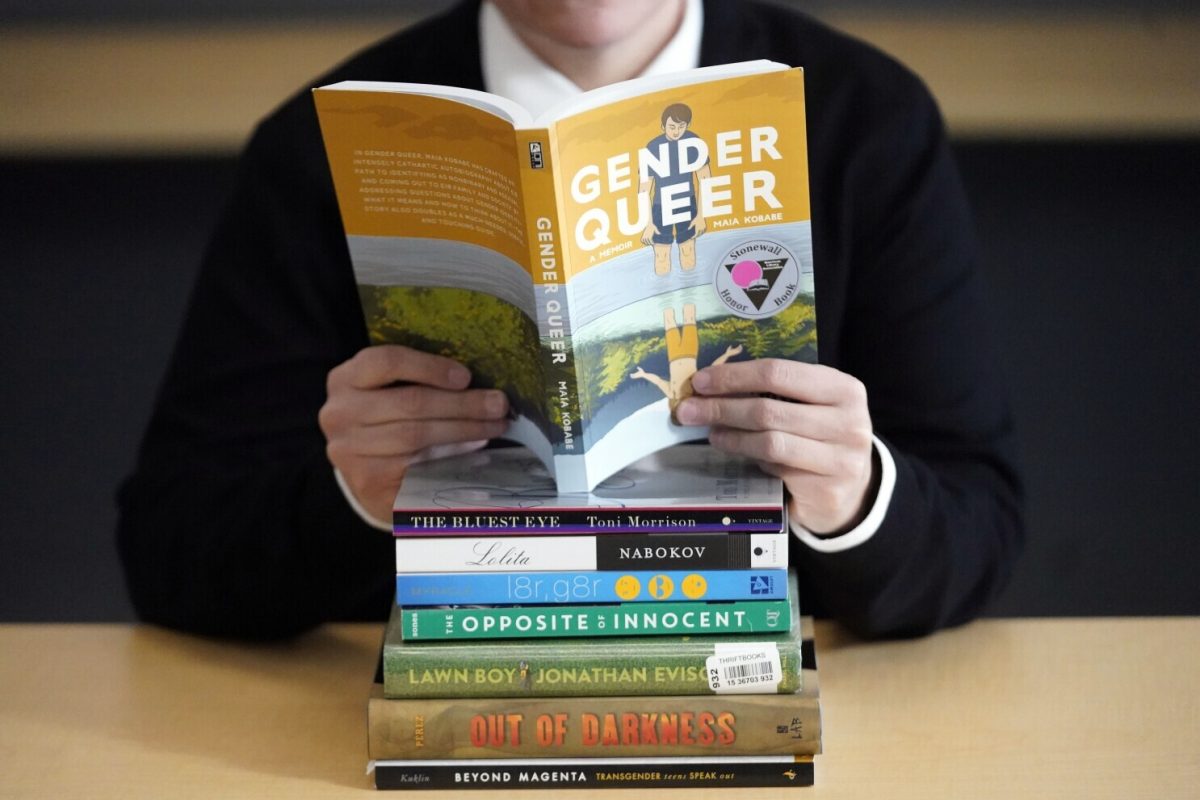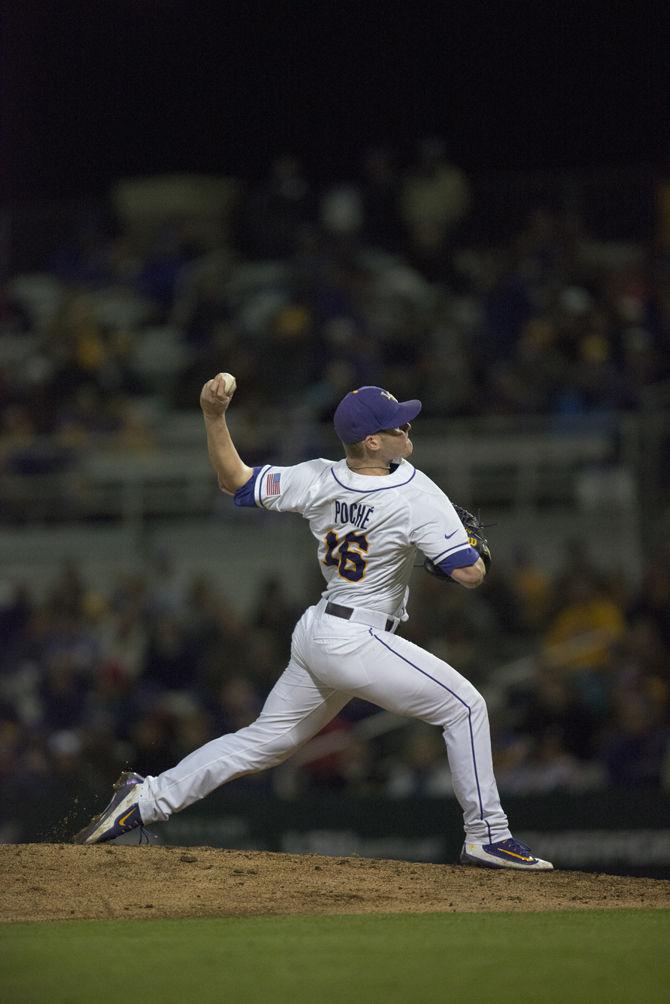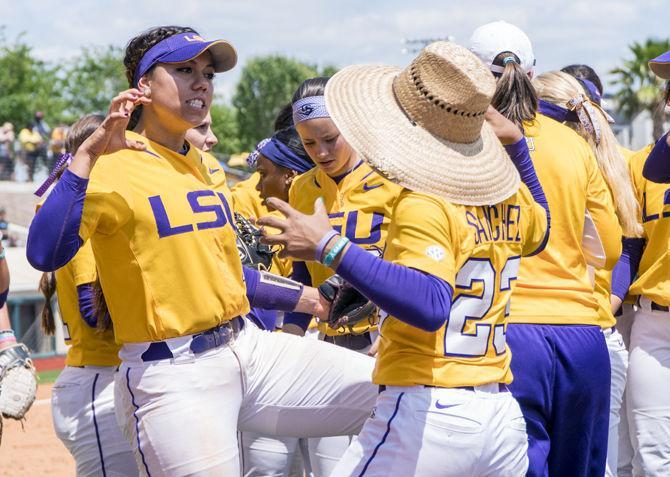The voting booths are going up on a Tuesday, and voters should be choosey when casting their ballots.
As citizens flock to vote today, they should keep the dynamics of the political sphere in the back of their minds.
Voters throughout 13 states will decide who they want to represent their parties in the general election, with Republicans allocating 595 delegates and Democrats allocating 865.
Super Tuesday allocates more delegates than any single day on the primary calendar. It has the potential to make or break campaigns as well as give the two parties indication of how candidates fare with a national audience.
The four states that held primaries and caucuses prior to Super Tuesday are niche states. Voters in Iowa, New Hampshire, Nevada and South Carolina represent specific groups including: evangelicals, progressives, crazy white people, Latinos and black people.
These early contests build momentum but aren’t always accurate indicators of how candidates will perform nationally. Candidates have yet to face each of these groups at one time.
For example, Gov. John Kasich, R-Ohio, placed second in the New Hampshire primary. If you don’t know who Kasich is, he’s the guy who wakes Ben Carson up from his naps during Republican debates.
All votes are supposed to be equal, but if you’re voting for Ben Carson, you might as well throw your vote away.
John Kasich and Ben Carson’s campaigns rest in the hands of Super Tuesday. An inevitable embarrassingly poor performance — because neither will do well — from either will force them to suspend their respective campaigns.
Fellow Republican contenders, Sen. Marco Rubio and Ted Cruz, are in a different boat. Both of the Hispanic senators are neck and neck with Cruz leading Rubio 17 to 16 delegates.
In recent weeks, both of the senators have attempted to position themselves as alternatives to Donald Trump — the man responsible for making former presumed front runner, Jeb Bush, cry on national television.
Rubio has taken the angle of the traditional, establishment candidate. He believes in typical conservative values but has potential to win over moderate voters.
Cruz, on the other hand, believes in overbearing religious freedom capable of scaring away any moderate voters. He’s an extremist whose stances reflect Tea Party conservatism, so he’s not the ideal candidate GOP leaders expect to defeat presumed Democratic nominee, Hillary Clinton.
Still, Cruz is a more favorable alternative than Trump.
Make no doubt about it. Trump will likely walk away from Super Tuesday with more delegates than any other Republican candidate. Having only lost Iowa, Trump is expected to “win” most of the states voting today.
But walking away victorious from Super Tuesday doesn’t mean he will have the Republican nomination locked.
Whichever candidate rises up to be the Trump alternative doesn’t need to beat him. They just need to do well enough to split the delegates.
Most of the states voting have thresholds in place to split the delegates allocated to candidates proportionally–with the highest threshold being 20 percent.
If Rubio or Cruz were to perform similarly to how they have done thus far, they would prevent Trump’s inevitability. However, one would need to win substantially over the other to show voters they are the viable alternative to Trump.
Trump’s success is largely because the votes have been siphoned off between the various other GOP candidates. Trump’s lead will likely continue to shrink as more candidates drop out.
On the Democratic side, things are little more simple because the race is between two contenders.
Hillary Clinton underperformed with white people in both Iowa and New Hampshire, but minorities in Nevada and South Carolina brought her two much-needed victories against Sen. Bernie Sanders.
Like Cruz and Kasich, Sanders performed exceptionally well in Iowa and New Hampshire due to white voters in both areas embracing his radical “revolution.”
I keep emphasizing white because South Carolina’s crippling defeat reveals just how little his message resonates with minorities.
Super Tuesday’s white voters bring another problem for Sanders as well. Unlike the white voters who came before, Democrats voting today–particularly in the south–tend to be more conservative.
Clinton will likely lead in most of the states, giving herself a comfortable delegate count.
Sanders will have to overperform in almost every state to offset Clinton’s lead in superdelegates. She is currently slaughtering Sanders with more than 450 superdelegates committed to vote for her at the national convention.
Superdelegates do tilt the odds in Clinton’s favor, but Sanders knew what he was signing up for. If Sanders didn’t want to deal with Superdelegates, he should’ve just run as an independent.
Superdelegates keep primary results in check. If an insurgent candidate like Trump was to do well in the primaries, superdelegates could make it difficult for the candidate to secure the nomination at the convention.
The Republican Party did away with superdelegates this year, and, given Trump’s lead, I predict this will be the last election for them without superdelegates.
John Gavin Harp is a 20-year-old mass communication junior from St. Francisville, Louisiana.
OPINION: Super Tuesday determines fate of presidential candidates
February 29, 2016
cartoon courtesy of Kiré Thomas
More to Discover













